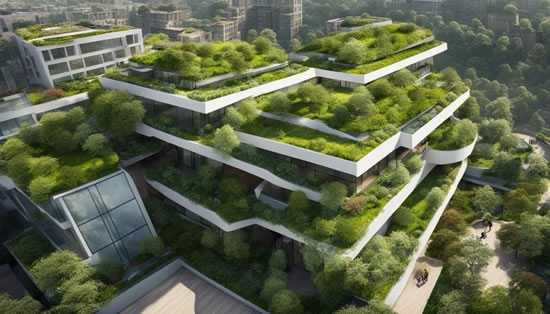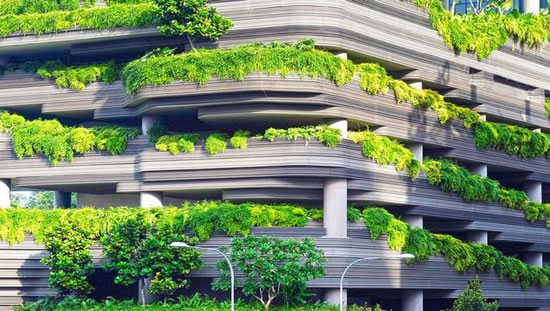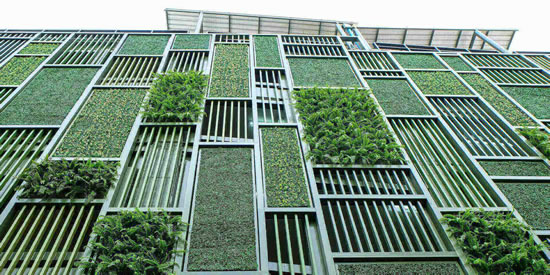In a world which struggles with environmental issues and economic instability, the employment of green building technologies is the most prospective option to Nigeria. Green design is not only about being environmentally friendly, it can also make significant economic savings which in the end result to job creation and big company growth. All over the world, economies have reaped competitive advantages from the shift to sustainable architecture and green buildings. One study by the United Nations Environment Programme (UNEP) said green building market value is probable to reach $364.6B by 2023; countries like US, China, and Germany are the leaders in green building investments. The economic benefits connected to green design are often diverse and have a wide spread. Through the consideration of sustainable building methods spectrum that includes energy efficient materials, renewable energy systems, and water saving components, countries show how to save operational costs by making buildings more resourcing efficient.
For the green building sector, energy cost savings in the US show that certification of green buildings uses 25% less energy compared to non-certified buildings. Moreover, they possess premium rent and sale value as researches have been attributed to higher rent of about 7% and sale value of 3.5% for green certified properties.
The Chinese green building industry is also going through amazing dynamics due to the policies that the government is adopting with a view of energy efficiency and environmental preservation being maintained. The performance of green buildings in China has illustrated energy-efficiency savings of up to 30% versus that of conventional buildings, which has subsequently provided huge economic benefit for the owners and occupants of the buildings.
The energy-saving construction methods initiatives in Germany have not only led to reduced energy consumption but also played a role in the creation of new job positions and supporting economic growth. The German green building market is anticipated to expand as far as 39 billion euro by 2022 as investment in green building projects which will create 420,000 jobs each year shall make a huge contribution to this sector.
The green design approval in Nigeria will occasion the first time for the country to act economically and, at the same time, address the existing environmental issues. Not different from the rapid population growth and urbanization which foster resources and infrastructure pressures, the sustainable construction concept helps us design the cities that can accommodate a fast growth and are both resource-efficient and resilient.
Nigeria can bring in some fresh job opportunities, fuel industries nationally and attract foreign investment to the green economy that is emerging through the implementation of green building initiatives. Many businesses and institutions can also garner more efficient operational incomes which lessen the long-term costs and therefore result in increased financial performance.
We have next one of the main features of green design which is the improvement of the public’s health and wellbeing as air and water pollution is reduced, the urban heat island effect is mitigated, and the indoor environmental quality is increased. Green buildings will become the preferred option for talented individuals, productivity booster and the life enrichment base of all Nigerians, with the establishment of healthier and more sustainable communities.
In this regard, the financial side of the application of green design is very important and truly logical. By integrating decent options of construction, Nigeria for the short term becomes a source of economic growth, construction expenses lowers down, and later on there will be healthier and more sustainable communities for the next generation. The policy makers, developers and other players in the industry have to explore various strategies of green building activities defined within the framework of incentives. Op ening up for Nigeria new opportunities in green growth and eco-friendly sustainable development.








